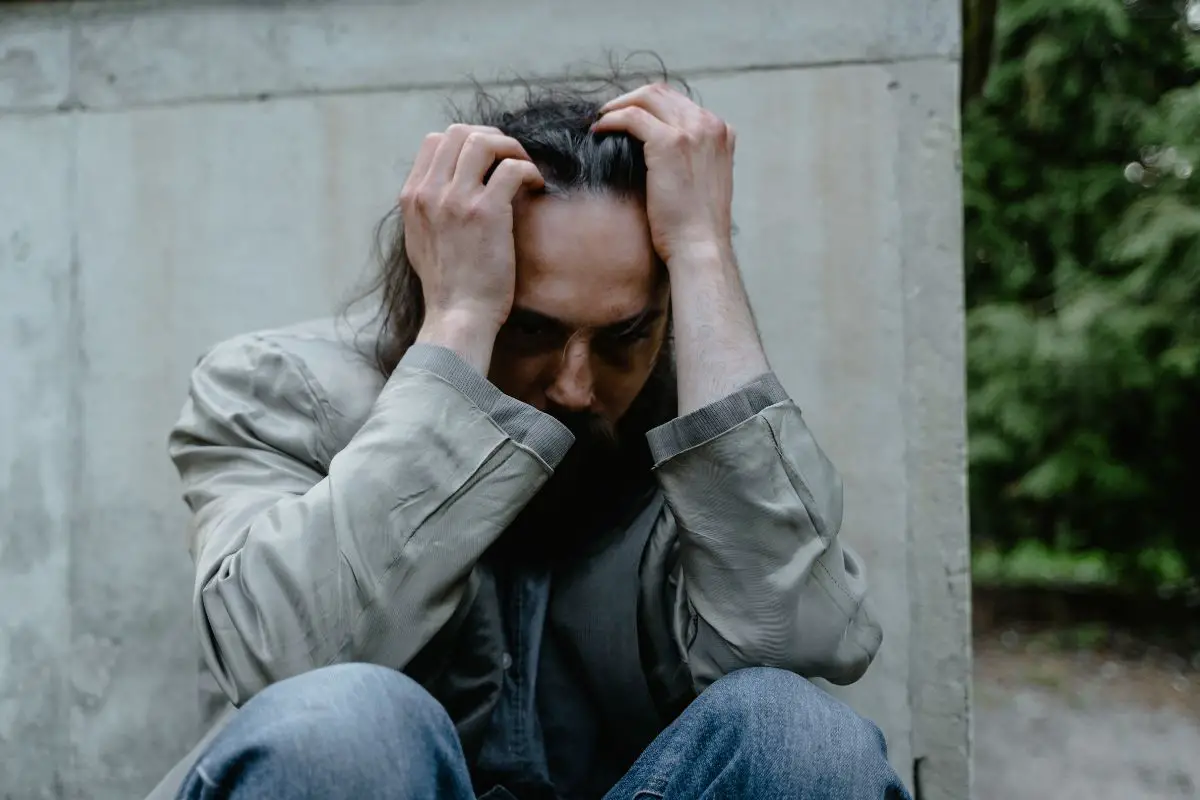We know that caffeine is a stimulant, which can be found in many varieties of foods and beverages. A cup of coffee can spark your brain to get up and start working for rest of the day. That is why around 600 million cups of brew are consumed all over the U.S. every day.

Research on the relation between coffee and depression found out that coffee lovers seem to have a lower level of symptoms of depression.
Many studies showed coffee has positive effects on our bodies. For instance, reducing the risk of cancer or getting a stroke. Diseases like dementia and Parkinson’s can also be avoided by the intake of coffee. There are many natural components found in brew beans also caffeine itself helps fight many problems like getting Alzheimer’s diseases or it can improve cognitive abilities.
How Does Coffee Affect Depression?
Millions of people suffer through depression each year in the U.S. The symptoms of depression can change for every person. One of the common symptoms shows the person lacks interest in things that made him happy, cannot concentrate on work, and feeling tired all of the time. Getting diagnosed with clinical depression might show symptoms for around 2 weeks.
Many researchers were curious to know if any properties from the coffee beans affect symptoms of depression to help fight over it. There is a published study showing there is in fact a relation between more coffee intake affecting the fight against depression. The same results were found when the experiment was conducted on middle-aged people.
So, it seems like consuming brew can be beneficial to people diagnosed with depression. Though, this does not tell you to make a couple of coffee cups a big part of your diet. Drinking this type of beverage has some drawbacks too, even though it benefits your body in many ways.
Threats of Excess Coffee Consumption
Adults or teenagers have adopted the habit of consuming coffee to get through their daily chores of office, college, or home. According to The Food and Drug Administration drinking 4 cups of coffee is completely safe for your body. But drinking coffee in large amounts can cause problems like relentless, insomnia or an increase in your heartbeat.
So, crossing the limit of four cups can increase the effect of these problems. Headaches, agitation, and anxiety-type problems have been reported to be experienced by some people. It is called “Coffee Intoxication” by the Diagnostic and Statistical Manual of Mental Disorders which is utilized to study mental disorders.
Many people don’t know that caffeine is a drug, and just like any other drug, it can make people dependent on it. So, trying to suddenly get rid of your coffee habit can end up in more problems such as non-mental clarity, headache, and fatigue. This can do quite the opposite of drinking coffee for depression.
Caffeine can interrupt your ongoing medications. It can have a bad effect on health problems like thyroid. Also, medicines for mental health can be affected by caffeine. Drinking an excessive amount of coffee having diabetes can impact your blood sugar and mess up your insulin.
Women who have undergone menopausal should not drink more than 3 cups of coffee. Otherwise, they can start lacking calcium and ending up losing bones in the spine. Even people who take care of their intake might still get problems like acid reflux.
Changes That Can Help Depression
Consuming coffee in limit can indeed help fight against some symptoms of depression. Make sure you have your first cup after you have been out of the bed for at least 1 hour. This provides your body to naturally produce energy called cortisol. It is good to put a hold on your coffee need until you really feel tired or when your cortisol drops in the late morning or in the afternoon.
But if you are not a brew lover and don’t drink coffee every day. You can easily decide to drink coffee when symptoms start to show. Also avoid having a cup near your bedtime, because it can affect your good sleep.
A low amount of sugar on your plate can also help with depression, so drinking your coffee without sugar in it can also do good to your health. Study shows brew drinkers who don’t put sugar in their coffee seem to have fewer symptoms of depression than people who do put.
Exercise is also a great alternative to try which is a non-medical treatment. Exercising makes you feel good about yourself which lifts your mood and keeps depression symptoms low. This might help you get rid of the excess need for caffeine because you’ll get your physical and mental boost through good morning workouts. Serotonin and endorphin give a boost to your body because of exercise.
But after all the best treatment you can give yourself is to talk with a specialist. So, it’s better to go and talk to your doctor and discuss medical treatments.
Related Articles